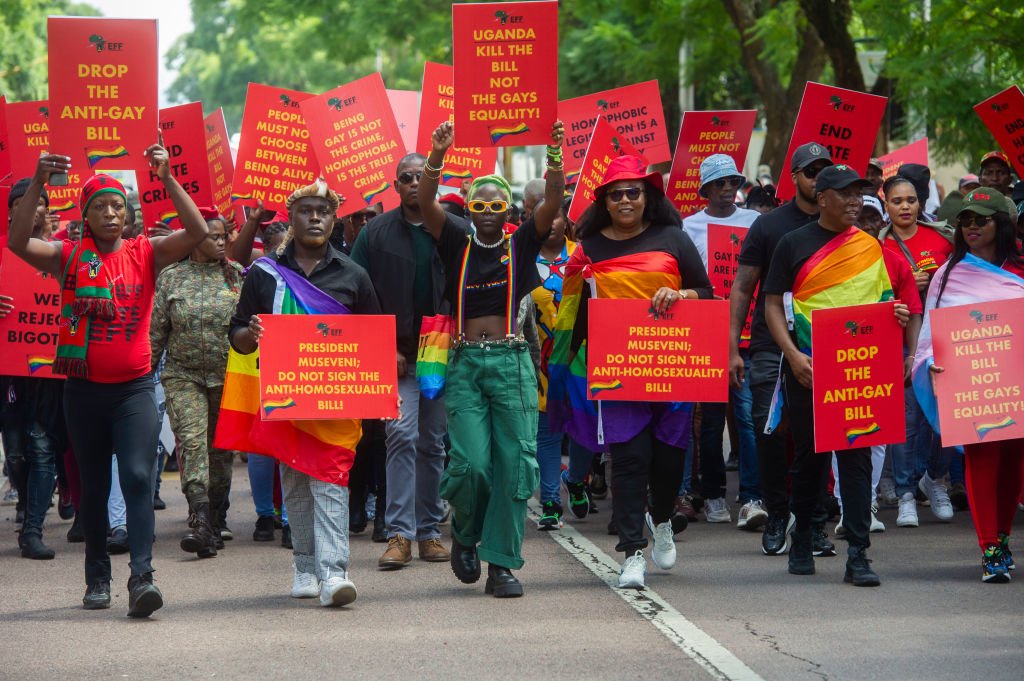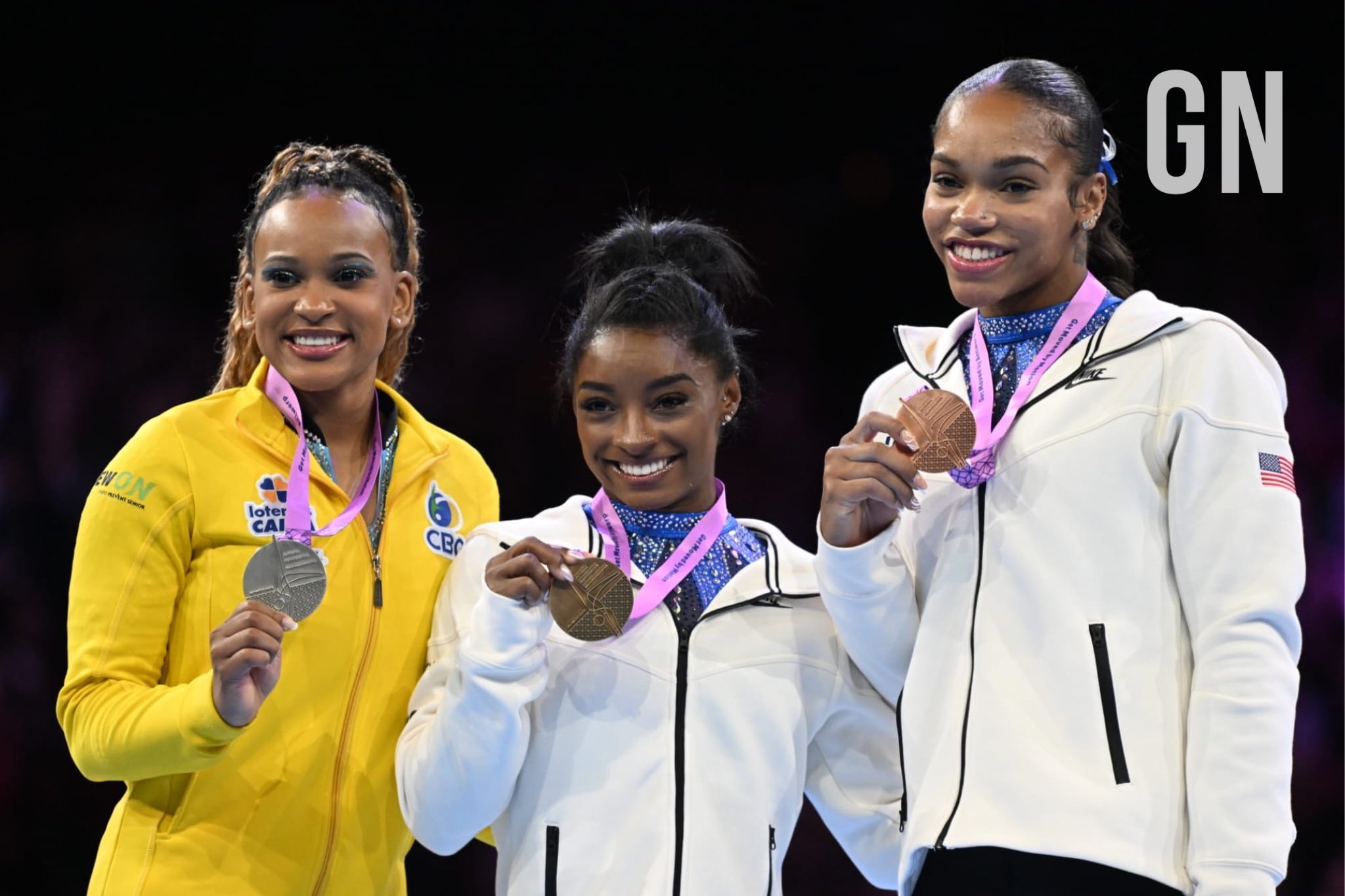10 girl-powered moments to celebrate on Day of the Girl
International Day of the Girl is here, a day recognising what girls already know: that your voices and experiences are important and powerful.
Read about these 10 girl-powered moments to see how girls and young women, just like you, are raising their voices and taking a stance.
1. Thousands of Indigenous girls and women across Brazil marched to Congress and demanded the government protect their ancestral lands from exploitation. They also brought awareness to gender-based violence against women in their community — and called for justice.
In 2023, one of the main efforts has been protesting against Marco Temporal — a policy that proposes only recognizing Indigenous rights to lands if it is occupied. “With the Indigenous women’s movement, we make the leap from body-object to body-territory, and place ourselves on the front line of the fight to defend our rights.”
Photo: Amanda Magnani
2. From Indonesia to the U.S. young women continue to stand at the forefront of the climate movement, fighting for climate justice and holding leaders accountable for their inaction. "When I have kids, they're going to see a different world than the politicians are shaping now with their decisions,” says Xiye Bastida, a Otomi-Toltec Indigenous climate activist from Mexico.
Left: Rau de Lima | Right: Sarah Blesener for The New York Times
3. Over a year since protests erupted in Iran, Iranian girls like chess player and International Master Sara Khadem continue to speak out and fight for an Iran where women are free. She currently resides in Spain and plays with support from the Spanish Chess Federation. “If I am successful in my field, I will still make the Iranian people happy, because I’m Iranian, after all.”
Photo: Ximena y Sergio
4. Girls in Mexico won the fight for abortion access, following the “green wave” movement across Latin America led by girls and women fighting for bodily autonomy.
Photo: AP Photo/ Marco Ugarte
5. Pakistani climate activist Ayisha Siddiqa ✨stunned✨ on the cover of TIME magazine as TIME’s Women of the Year for her human rights and climate justice advocacy. As a storyteller and activist, Siddiqa’s work is in defense of life, and by default, [it is a] defense of the rights of women. Therefore, it’s also by default human rights.”
Photo: Photograph by Josefina Santos for TIME
6. As refugees in Portugal, girls from the Afghan Youth National Team continue to play football, support one another and compete around the globe. “Afghanistan is more than what you see in the news — which is mostly war and women being denied their basic rights,” 18-year-old Ayenda FC midfielder Fatema says. “For our team to represent Afghanistan, it meant proving people wrong.”
Photo: Amber Fares
7. Following the passage of anti-LGBTQIA+ legislation in Uganda, queer activists across the African continent took to the streets, standing in solidarity and defiance. “Queer people don't owe anyone anything, but we also deserve to live just like everyone else. You can't strip all our rights. This is a world emergency,” says Papa De DeLovie Kwagala a Ugandan LGBTQ activist and photographer.
Photo: Alet Pretorius/Gallo Images via Getty Images
8. Amidst government attacks and arrests against activists in the Philippines, young women continue to put their bodies and lives on the line to fight for the causes they care about. "Some of our students have to hide from their parents what they're doing, and some of them have to lie to them about what they're doing when they go to protests," says Mitzi Jonelle Tan, a youth climate activist in the Philippines.
Left: Reuters, Lisa Marie David | Right: Marie Jacquemin
9. Simone Biles became the most decorated gymnast in history! She took the gold alongside medalists Rebeca Andrade and Shilese Jones — the first all-Black podium at the Artistic Gymnastics World Championships. “10 years ago, I won my first worlds. Now we’re back here. So it was emotional,” she said. “It means everything to me, the fight, everything that I’ve put in to get back to this place, feel comfortable and confident enough to compete,” says Biles. 💪🏿🏆
Photo: Geert vanden Wijngaert — stringer, AP
10. In Medellín Colombia, where men dominate the art scene — young women are using graffiti and murals to give voice to their experiences and their resilience. But some men are pushing women out of the scene “For us, it’s hard, because they don’t want us to get recognised,” she says. “They don’t want to give the power to girls.”
Photo: Catherine Davison
 Read more
Read more




















